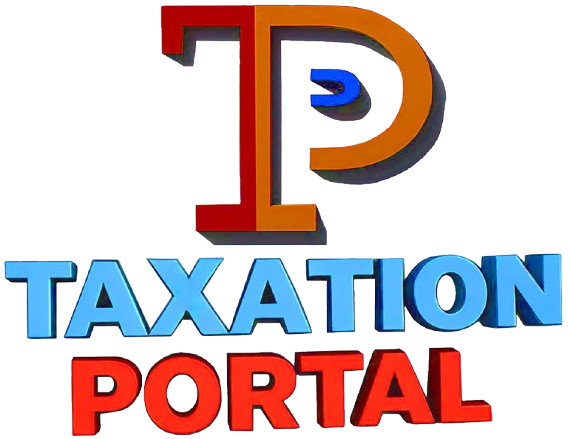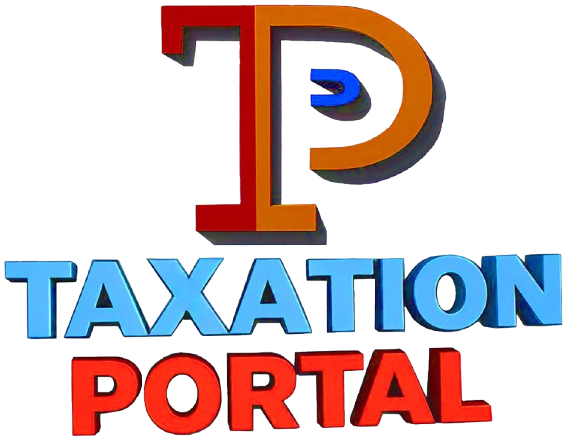
PAN stands for Permanent Account Number. It is a unique 10-digit alphanumeric identification number issued by the Income Tax Department of India under the supervision of the Central Board of Direct Taxes (CBDT). It is a crucial document for virtually all financial transactions in India.
Think of it as your financial identity proof in India. All your tax-related information and major financial activities are recorded against this single, unique PAN.
Key Characteristics of a PAN
Unique Identifier
Each PAN is distinct and remains valid for the entire lifetime of the individual or entity it’s issued to, regardless of changes in address or employment.
Alphanumeric Structure
A PAN consists of 10 characters, combining both letters and numbers in a specific format:
- The first three characters are alphabetic series (e.g., AAA to ZZZ).
- The fourth character indicates the type of PAN holder (e.g., ‘P’ for individual, ‘C’ for company, ‘H’ for HUF, ‘F’ for firm, ‘A’ for Association of Persons, ‘T’ for Trust, ‘G’ for Government, ‘B’ for Body of Individuals, ‘L’ for Local Authority, ‘J’ for Artificial Juridical Person).
- The fifth character is the first letter of the PAN holder’s surname (for individuals) or the first letter of the entity’s name (for non-individuals).
- The next four characters are sequential numbers (0001 to 9999).
- The last character is an alphabetic check digit.
Mandatory for Financial Transactions
PAN is essential for a wide range of financial activities to ensure transparency and track transactions, helping to curb tax evasion.
Why is PAN Important? (Benefits and Uses)
Income Tax Returns (ITR) Filing
It is mandatory for filing income tax returns. All your income and tax payments are linked to your PAN.
Banking Transactions
- Opening a new bank account (savings, current, fixed deposit).
- Depositing cash exceeding ₹50,000 in a bank account.
- Applying for credit cards or debit cards.
- Making high-value transactions like demand drafts, pay orders, or banker’s cheques over ₹50,000.
Investments
- Investing in mutual funds, stocks, bonds, or debentures (especially for transactions exceeding ₹50,000).
- Opening a Demat account (for trading in securities).
- Investing in RBI bonds or insurance policies above ₹50,000.
Property Transactions
- Buying or selling immovable property valued at ₹10 lakhs or more.
- For rent agreements where annual rent exceeds ₹1 lakh.
Vehicle Purchase/Sale
Mandatory for buying or selling a motor vehicle (other than a two-wheeler).
Loans
Required for applying for any type of loan (personal, home, car, business loans).
High-Value Purchases
Required for certain high-value purchases, such as:
- Jewellery exceeding ₹5,00,000.
- Hotel or restaurant bills exceeding ₹50,000.
- Foreign travel expenses exceeding ₹25,000.
Business Operations
- Essential for businesses and entities to obtain a Tax Registration Number (TRN) and comply with GST regulations.
- Crucial for opening business bank accounts.
- Facilitates various regulatory compliances and verifications.
TDS/TCS (Tax Deducted/Collected at Source)
Ensures that tax is deducted/collected at the correct rate. Without a PAN, tax might be deducted at a higher rate (e.g., 20% instead of 10%).
Proof of Identity
It is widely accepted as a valid photo identity proof across India.
Who Needs a PAN?
- All individuals who have a taxable income in India.
- All businesses, companies, LLPs, and other entities (even if they don’t have taxable income yet).
- Individuals earning income for others (e.g., guardian of a minor).
- Individuals engaged in any profession or business with an annual gross receipts/turnover exceeding ₹5 lakhs.
- Any person who wishes to enter into a financial transaction for which PAN is mandatory.
How to Apply for a PAN Card
The application process for a PAN card is primarily online and can be done through two authorized agencies:
- Protean eGov Technologies Limited (formerly NSDL e-Governance Infrastructure Limited): https://www.protean-tinpan.com/
- UTI Infrastructure Technology And Services Limited (UTIITSL): https://www.utimf.com/investor-services/pan-card/
You can also apply for an “Instant e-PAN” for free through the Income Tax Department’s e-Filing portal, provided you meet certain criteria (e.g., having a valid Aadhaar with a linked mobile number, never having been allotted a PAN before). This provides a digital PAN immediately, but for a physical card, you’ll still need to apply through Protean or UTIITSL and pay the applicable charges.
General Steps for Online Application (Form 49A for Indian Citizens):
Visit the Website
Go to either the Protean or UTIITSL website.
Select Application Type
Choose “New PAN – Indian Citizen (Form 49A)”.
Fill Basic Details
Enter your name, date of birth, email ID, and mobile number.
Application Form
Complete the detailed application form, providing personal, address, and contact details.
Choose Submission Mode
- “Submit digitally through e-KYC & e-Sign (Paperless)”: This is the easiest option, requiring Aadhaar OTP authentication. No physical documents need to be sent. Your photo and signature from Aadhaar will be used.
- “Submit scanned images through e-Sign”: You upload scanned copies of documents, then authenticate using Aadhaar OTP.
- “Forward application documents physically”: You fill the form online, print it, paste photos, sign, and courier the application along with supporting documents to the address provided by the agency.
Upload Documents (if not e-KYC)
Upload scanned copies of your Proof of Identity, Proof of Address, and Proof of Date of Birth.
Pay Fees
Pay the application fee online (usually around ₹101 for Indian addresses, higher for foreign addresses).
Acknowledgement
You will receive an acknowledgment number to track your application status.
Verification and Dispatch
The agency will process your application. Once approved, the e-PAN (digital copy) is usually generated quickly, and the physical PAN card is dispatched to your communication address within 10-15 working days.
Documents Required for PAN Card Application (Commonly)
The documents required vary slightly depending on the applicant’s category (individual, company, HUF, etc.) and the chosen application method (e-KYC vs. physical submission).
For Individuals (Indian Citizens):
Proof of Identity (any one)
Aadhaar Card, Passport, Voter ID Card, Driving License, Ration Card with photograph, Photo ID card issued by Central/State Government, Pensioner Card with photograph.
Proof of Address (any one)
Aadhaar Card, Passport, Voter ID Card, Driving License, Electricity bill (latest), Landline/Broadband bill (latest), Water bill (latest), Gas connection bill (latest), Bank account statement (latest), Credit card statement (latest), Post office passbook, Domicile certificate, Allotment letter of accommodation.
Proof of Date of Birth (any one)
Birth Certificate, Aadhaar Card, Passport, Driving License, Matriculation Certificate, Marriage Certificate, Domicile Certificate, Pension Payment Order.
For Companies/LLPs:
- Certificate of Incorporation issued by the Registrar of Companies.
For Partnership Firms:
- Copy of Partnership Deed.
- Certificate of Registration issued by the Registrar of Firms.
For Trusts:
- Copy of Trust Deed.
- Copy of Certificate of Registration Number issued by the Charity Commissioner.
Get help for our experts for registration for PAN. Having a PAN is a fundamental requirement for participating in India’s financial ecosystem and ensuring tax compliance.

